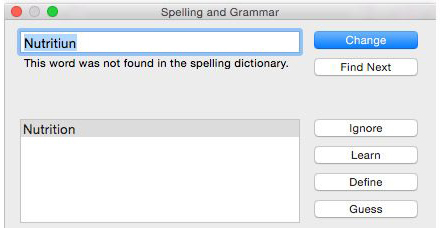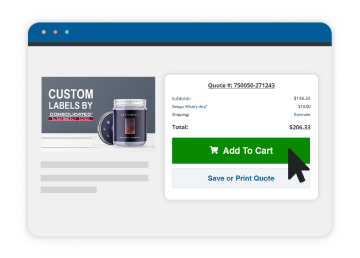Mistakes happen…but when they happen with your labels or packaging, those mistakes can cost you precious sales. Below you’ll find the costliest mistakes and tips to help you dodge them when planning your label project.
You didn’t take into account the conditions your label will endure.
Application, shipping, store shelves, and final usage conditions all play a part in the life of your label. Here’s where you figure out your labeling priorities. Are you worried about what the final consumer will see, or do you just want a basic label that doesn’t need to look great through all stages of the sale? The choice you make will largely be based on the product you are selling. If you are selling paint remover, for example, the final look of your label might not be as important as if you were selling high-end cosmetics.
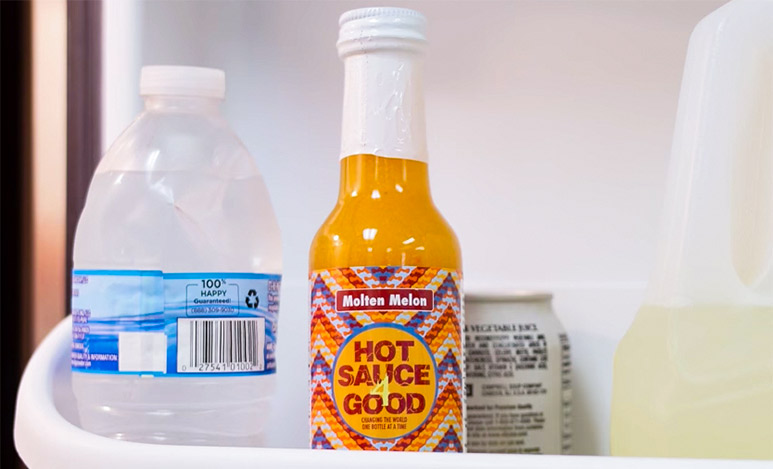
Wrong material for the application.
This goes hand-in-hand with #5. If you’re targeting high-end boutique stores, you’ll want a high-end boutique look. If you’re going to be in a hardware store, then go with the material that fits that place best. Material considerations go even further when you’re working with frozen goods, squeezable tubes, and tight radius containers. Choose wrong here and you’ll end up sitting on the shelf while buyers pick other brands that look and “feel” better.
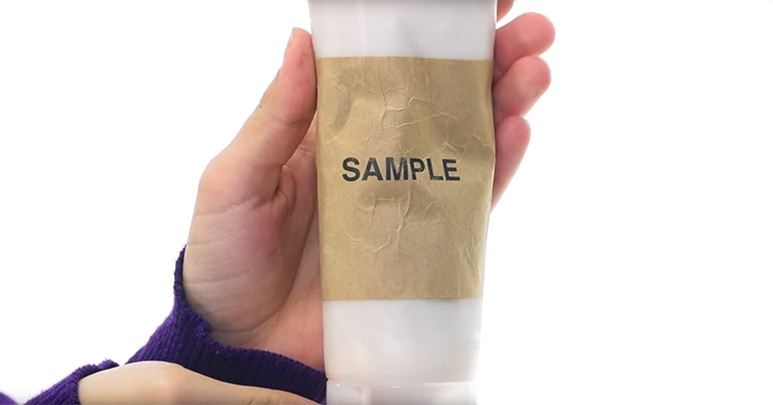
Conditions of application and final sale.
Are your products packaged in extreme cold or extreme heat? Do you label an oil-based product after the container is filled? Will you be stocking this product on outdoor shelves? All of these conditions factor into initial adhesion and overall durability before and after the sale.
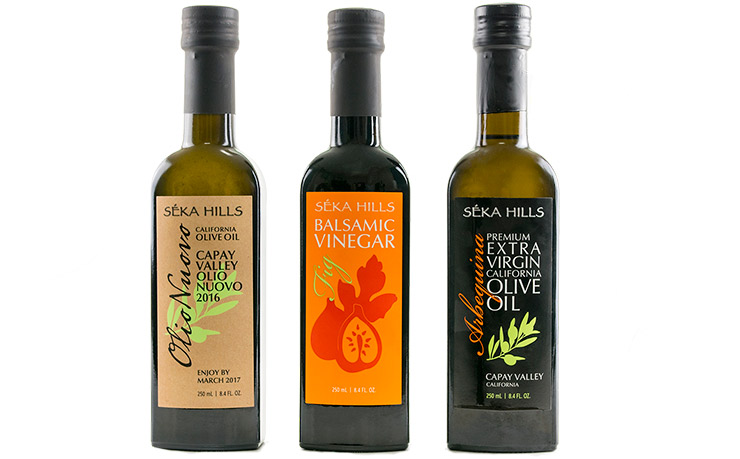
Can’t get them when you need them.
Does your label company give you attainable delivery dates? Do they hem and haw when you ask when your labels will be delivered? With a little pre-planning, we can help you avoid delivery issues and untimely delays.
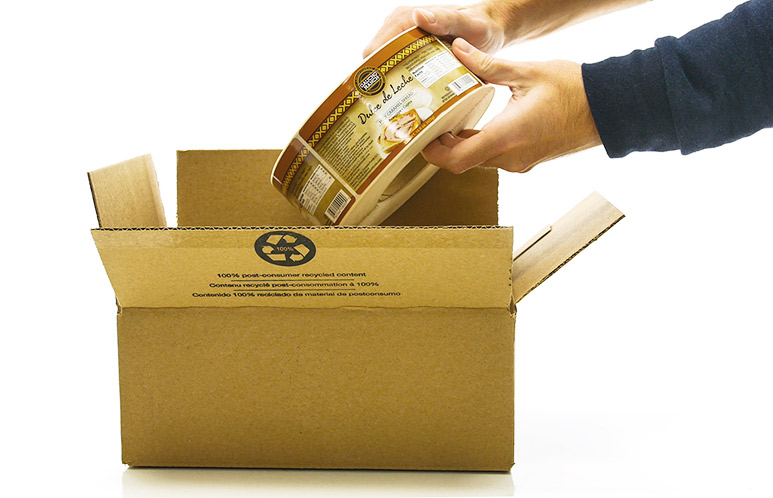
Bad design/artwork.
The old saying that looks don’t mean everything is true, but having a great product only means so much when it comes to getting noticed among your competitors. If you want to be taken seriously, you definitely want to be looking good. Find a designer that will help you tell your story with design that fits your message and your brand. If you cut corners here, it can come back to haunt you later when you’re wondering why products aren’t selling.

BONUS: Copy errors and misspellings.
There are certain things that are unforgivable in the world of consumer goods. Taking a product to market with misspelled words or grammatical errors will automatically eliminate you from consideration with a portion of your potential consumers. Don’t take the risk. Have the copy checked and ask for help with the grammar elements if you’re not sure.
